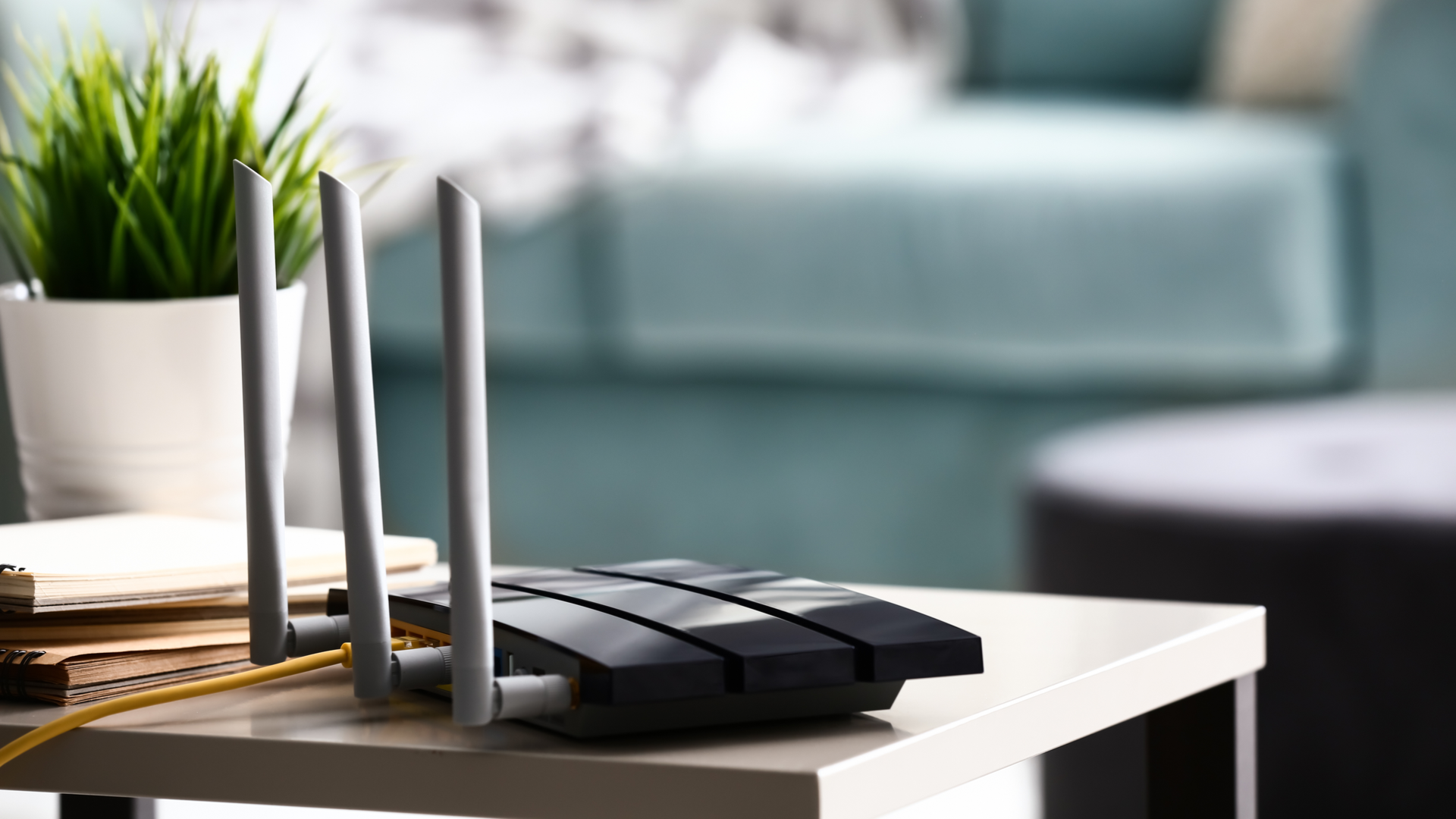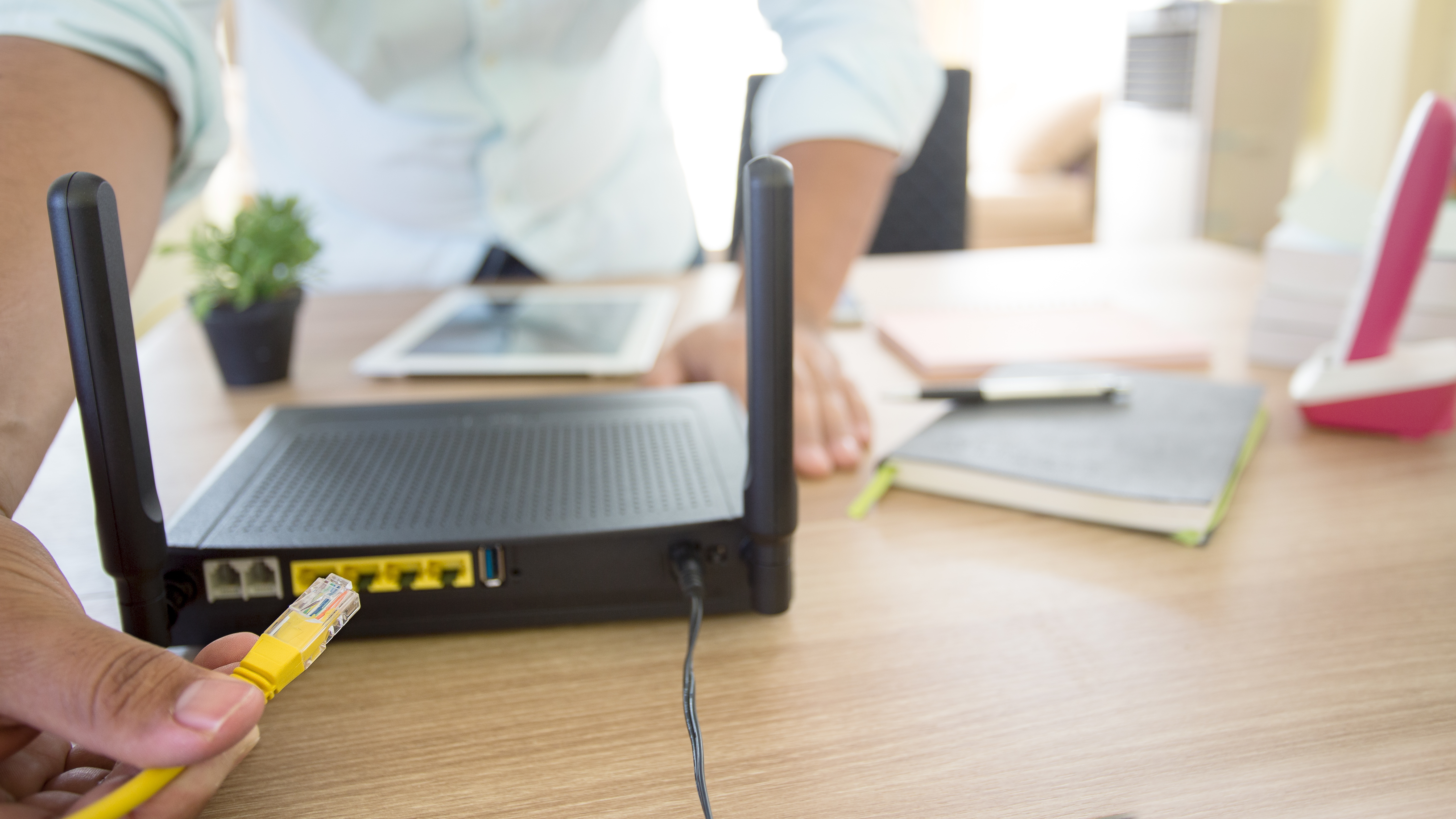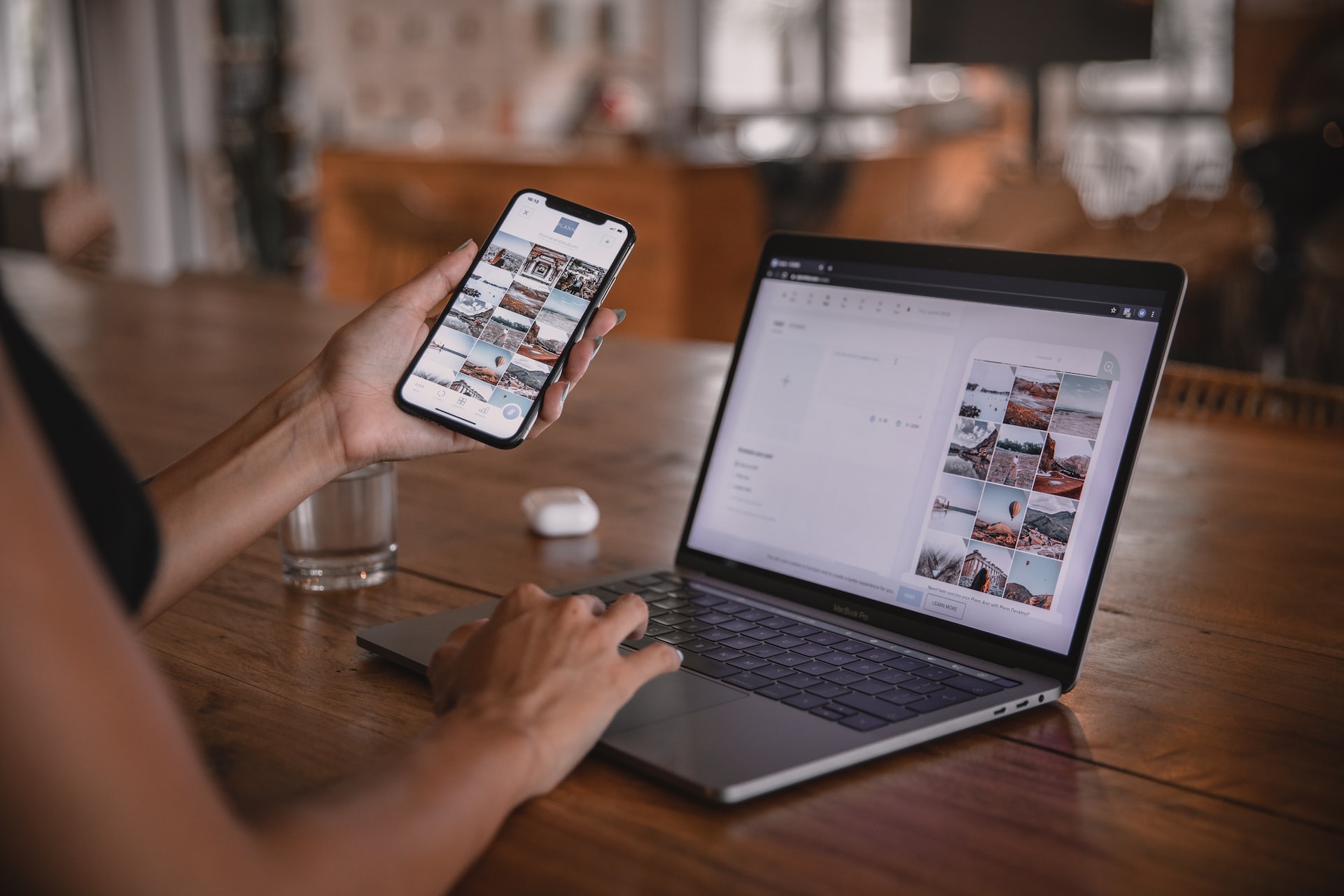Does a VPN slow down your internet? 5 ways to speed up your VPN
When all else fails, follow these steps to max out your VPN speeds

If you’ve read our original guide on how to speed up your VPN, you’ll know that a VPN is an excellent way to protect your online privacy and unblock websites.
However, since a VPN connection from your “client” device involves establishing an encrypted tunnel to a VPN server. This involves extra processing power and bandwidth, so can slow the speed at which websites and other online services load.
In our original guide, we discussed some of the most common reasons why your VPN connection can be slow, as well as ways to fix it. Here, we'll take a look at 5 more ways you can speed up your connection if you're using a VPN.

1. Use a router
If you have a VPN subscription, you usually need to install the VPN software on each device you want to use it on individually. This can sometimes cause issues, as your provider may not offer software for that device or it may not have been updated in a while.
Fortunately, you bypass this by using a VPN router, or running the VPN software on a router. Running the VPN software directly on the router has a number of advantages, particularly as every device in your home or organization can connect to the VPN via it.
Generally this is also faster, as the router’s own CPU handles the messy business of establishing and maintaining encrypted tunnels within the VPN for all your devices. If you’re interested in doing this, we strongly recommend using open-source router firmware such as DD-WRT, Open-WRT or Tomato. As these projects are open source, it’s likely that updates will be available for them.

2. Supercharge your broadband
This may sound obvious but your VPN speed is going to be determined by your overall broadband speed.
Sign up to the TechRadar Pro newsletter to get all the top news, opinion, features and guidance your business needs to succeed!
The first step to checking if your broadband speed is the issue is to run a speed test to see if your ISP’s claims match the speeds you're currently getting. Many providers only promise speed within a certain range but don’t be afraid to shop around to see if there are others who can guarantee faster minimum speeds.
The very best speeds are those offered by fibre broadband, so see if you can get a good deal on this if you aren’t subscribed already.
If you use mobile broadband and your speeds are slow, this may be because you are in an area with poor reception.

3. VPN Bonding
VPN Bonding helps speed up your connection by spreading the data packets for your VPN connection across your entire network using multiple methods like DSL and 4G. This helps share the data load, and therefore boosts your connection speeds.
One of the best-known VPN providers to do this is Speedify, which has a special software implementation of VPN Bonding that allows you to share your internet traffic across all connection types. In theory, this means if one of your connections is slow, such as mobile broadband, the software will automatically start shunting your data through a faster one.
This can hugely speed up your connection and has advantages over traditional ‘load balancing’ techniques in that it works for all protocols such as web browsing, P2P and so on.
If you’re considering using Speedify though, be warned that in our tests we had difficulty connecting to the specific P2P servers. There are other open-source implementations of VPN Bonding available but you’d need to have your own server and set up the various VPN connections yourself to make use of them.

4. Refresh your DNS
DNS servers act like a virtual telephone directory for the Internet. When you try to access a web page for the first time, it’s these servers which translate the website address into a machine-readable name.
Believe it or not your choice of DNS server can impact your connection speed. This is because if your device doesn’t have the unique IP address of the website you want to visit already stored in its ‘cache’, it will request this from your ISP’s DNS server. This machine may not be located close to you, so it can take some time for your device to connect.
One way to fix this is to configure your device to use a public DNS server. Services like those offered by Google and OpenDNS are not only free but attach your IP address to connection requests so responses come from the fastest available server.
If you’re using a reputable VPN provider, they should route all DNS requests via their own servers. If they don’t do this, then it would be possible for someone with access to your ISP’s records to tell what sites you’re visiting. This is known as DNS leak.
DNS leaks can also be cause by software misconfigurations. In February 2024, it was discovered that a bug in ExpressVPN's split tunneling feature had potentially been causing a DNS leak for years.

5. Prefer proxies
Many VPN providers such as NordVPN also support allowing you to connect applications to their service via secure SOCKS5 proxy.
This isn’t the same as a VPN. You can connect a single app via a SOCKS5 proxy without your VPN service running at all. These days, SOCKS5 uses UDP vs TCP protocol, which can provide faster connection speeds, at the price of less reliable connections.
SOCKS5 connections are routed through a proxy server, concealing your IP address but the main reason they can do so faster than VPNs is that they don’t encrypt your traffic. Take some time to decide if the extra speed is worth the reduced privacy. For more information, see our guide Proxy vs VPN: What are the differences?
Need for speed
While it’s important to make a choice that’s right for you, remember speed isn’t everything. There are faster ways to connect and download data than using a reliable VPN provider to encrypt all your web traffic but these come at the cost of putting your data at risk. Take some time to research your options, especially when looking for the fastest VPNs out there, to find out which is best for you.
Nate Drake is a tech journalist specializing in cybersecurity and retro tech. He broke out from his cubicle at Apple 6 years ago and now spends his days sipping Earl Grey tea & writing elegant copy.